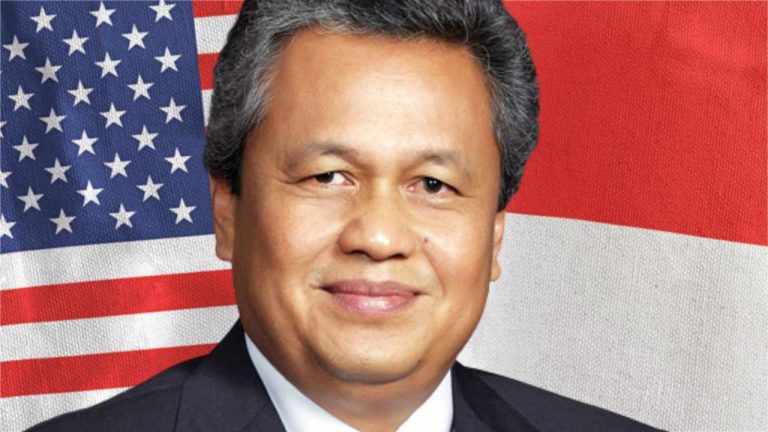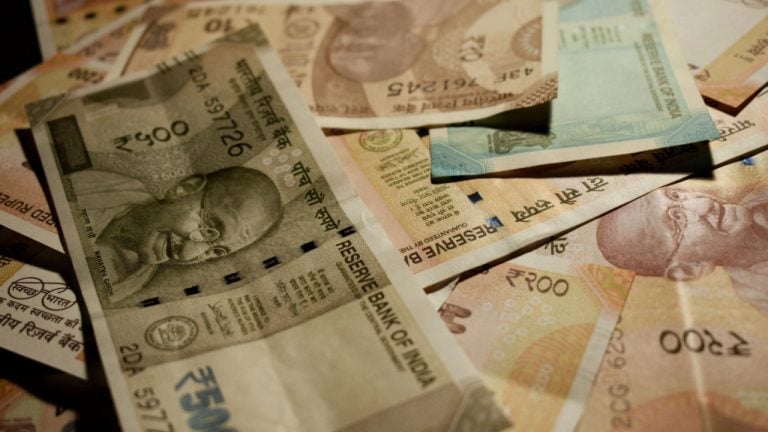
Cryptocurrency trading is legal in Indonesia, but the use of crypto in payments carries hefty penalties including jail time.
Bali’s government is cracking down on tourists paying for goods and services using cryptocurrency, with the island’s governor sending a reminder that Indonesia’s fiat currency is the only legal tender.
On May 28, the government-owned news agency Antara reported Bali’s governor Wayan Koster hosted a press conference the same day and said tourists who “use crypto as a means of payment [...] Will be dealt with firmly.”
"Strict actions range from deportation, administrative sanctions, criminal penalties, closure of business premises and other tough sanctions," he added.
The meeting was attended by Bali’s chief police inspector and Trisno Nugroho, the head of the Bali Representative Office for Bank Indonesia — the country’s central bank.
Nugroho reaffirmed that trading crypto is allowed but the use of crypto for payments is banned.
I dont understand why Koster keep saying stuff to scare away tourists from not allowing tourist to rent bikes, to only allow certain number of tourist, but so far zero implementation
— Dea Rezkitha ( Bitcoin Conference 23 Bali ️) (@dearezkitha) May 29, 2023
I feel he tries his best to make sensational policues just because his term end this year
Koster noted that Indonesia’s currency — the rupiah — is the only one that can be legally used for payments in the country. The use of other currencies carries a maximum potential sentence of one year in prison and an over $13,000 fine or 200 million rupiah.
The Bali governor's announcement comes days after a May 26 investigative report in Kompas, considered the country’s newspaper of record.
Related: Indonesian government looks to NFTs to preserve cultural heritage
Kompas reportedly found multiple Bali-based businesses that accepted cryptocurrency payments including a meditation retreat, a motorbike rental business and a crypto-themed cafe.
According to data from Coinmap, a community-driven project that aims to map crypto-accepting businesses, there are 36 businesses that accept crypto, mostly concentrated in Ubud — a tourist hotspot town.
Despite the hardline stance from Bali’s governor and Indonesia, the country is on the path to rolling out a national crypto exchange by next month.
Indonesia’s Ministry of Trade would reportedly act as a custodian and clearing house for the local cryptocurrency markets. The platform was originally meant operational by the end of 2022, but suffered delays.
Magazine: Cryptocurrency trading addiction — What to look out for and how it is treated











